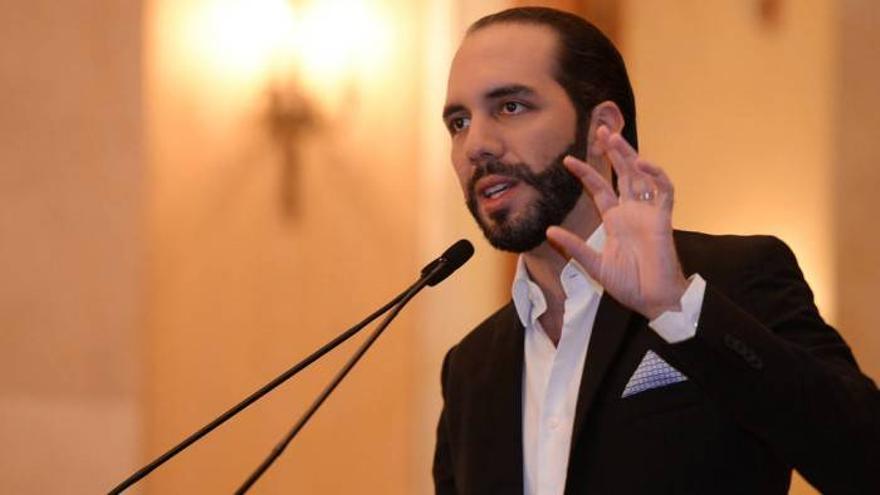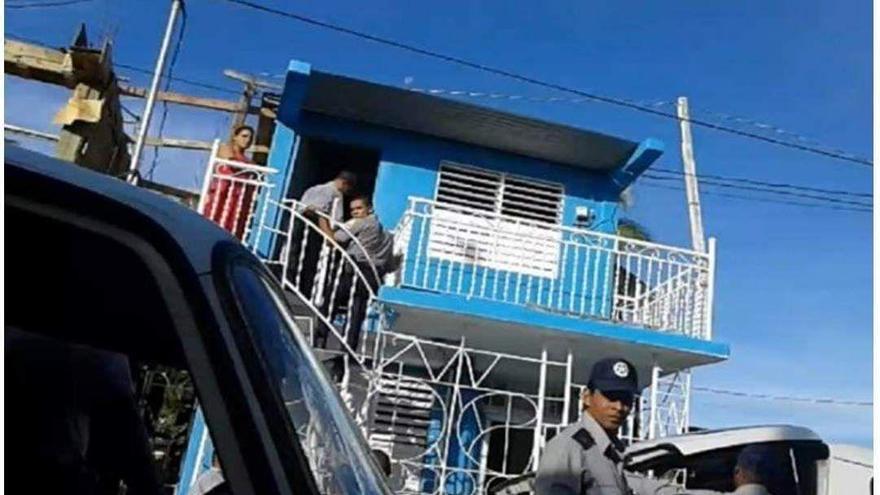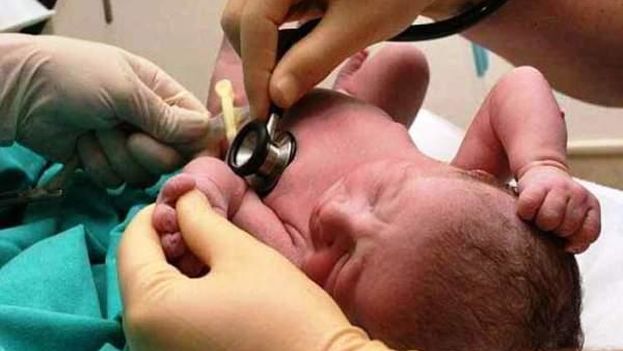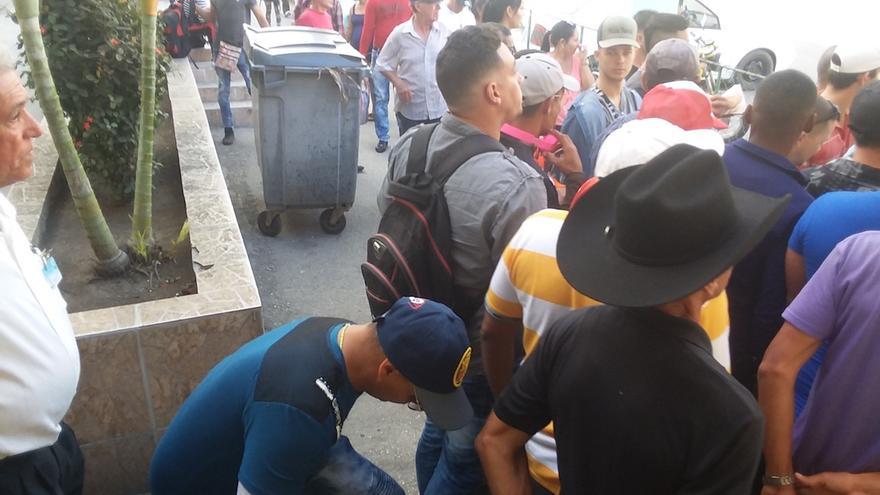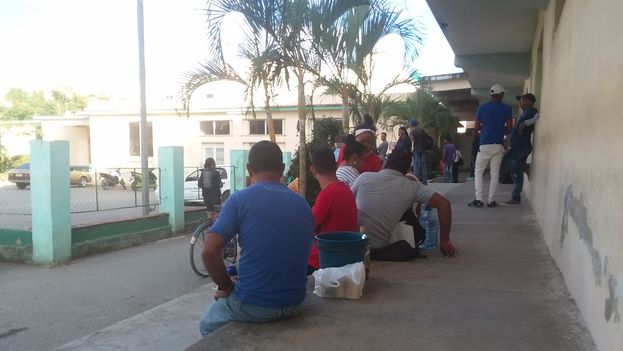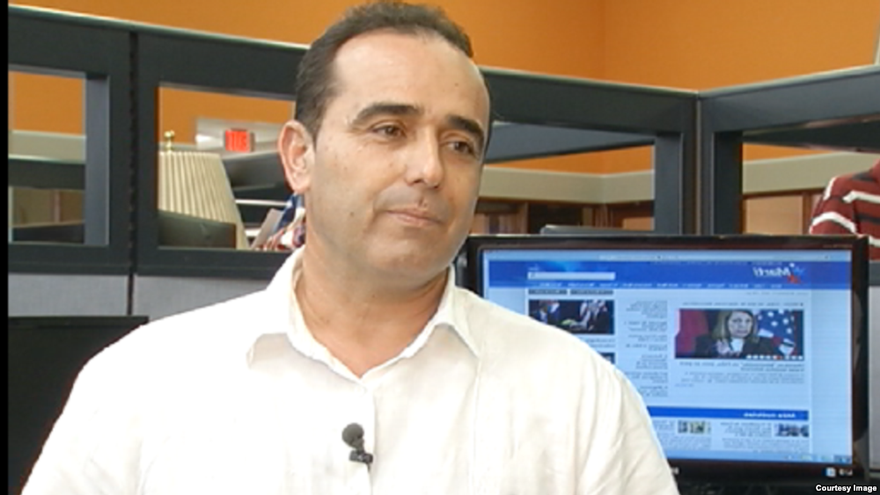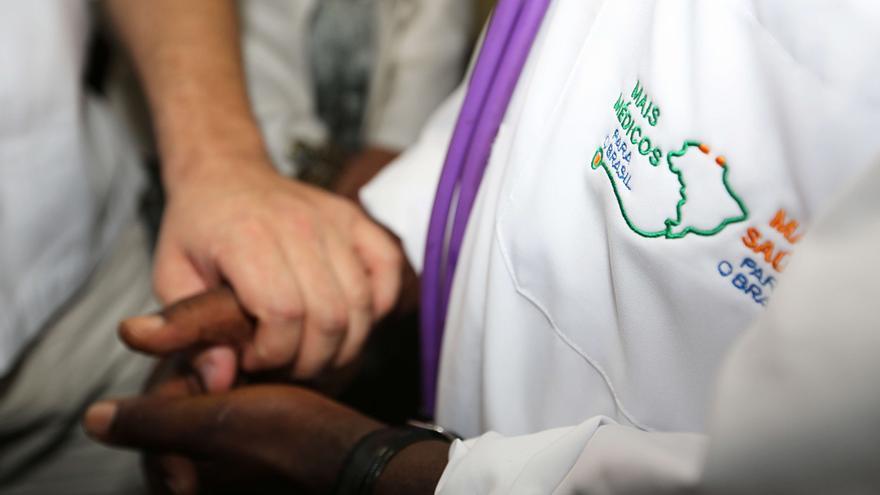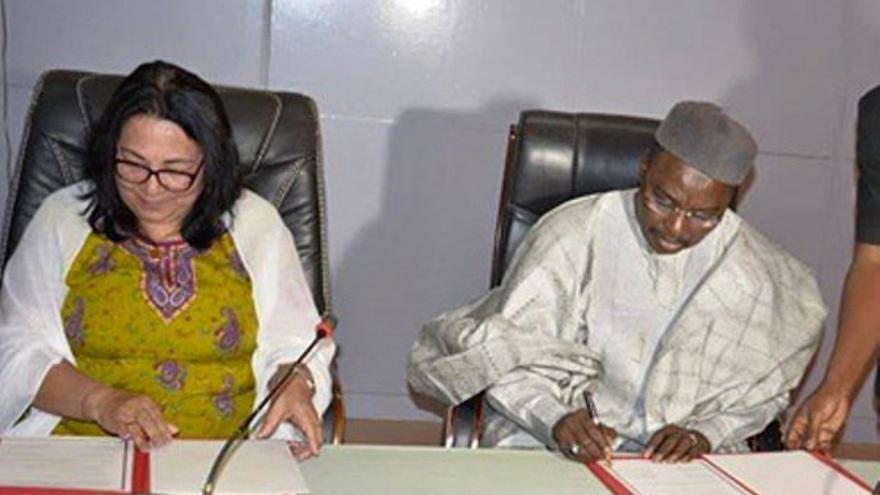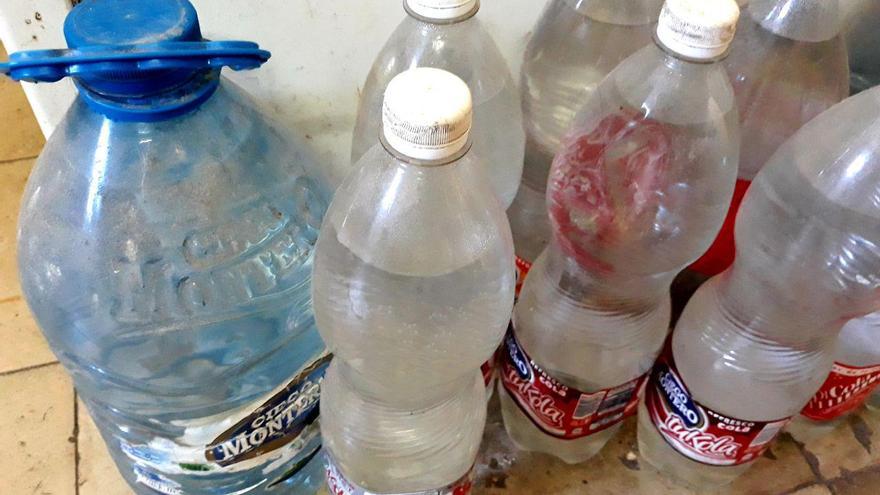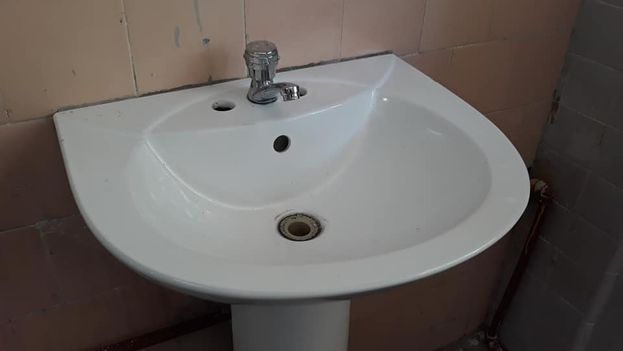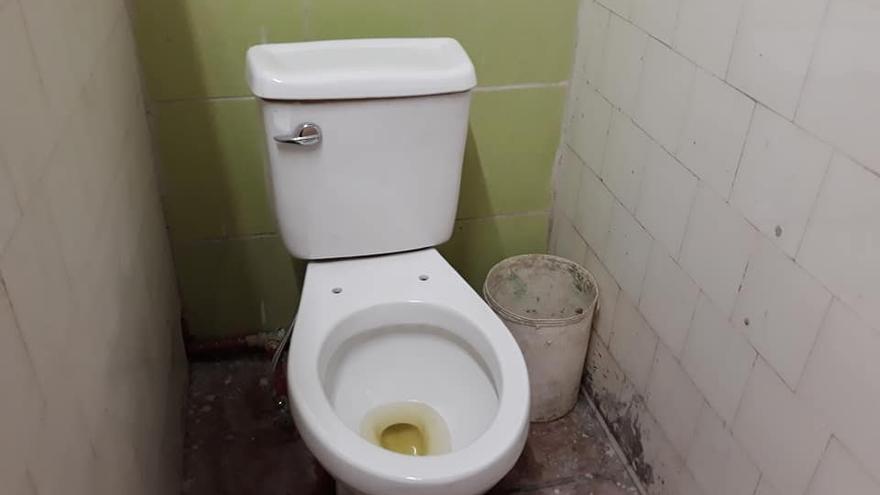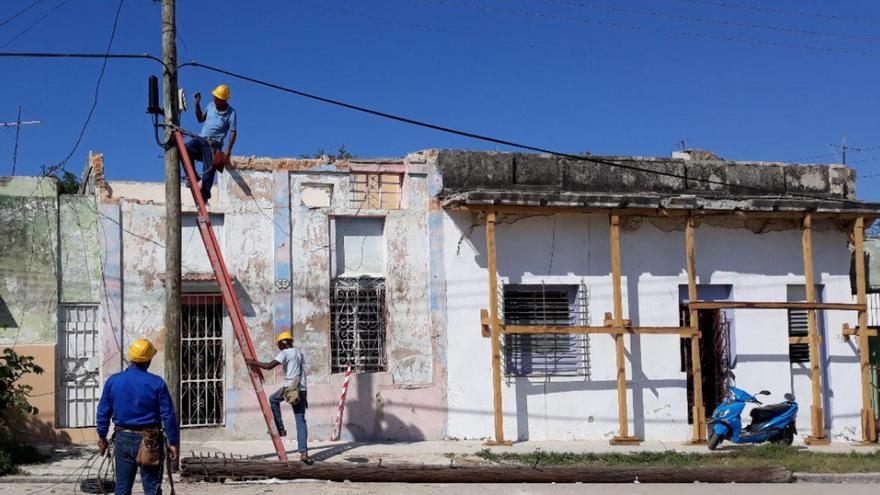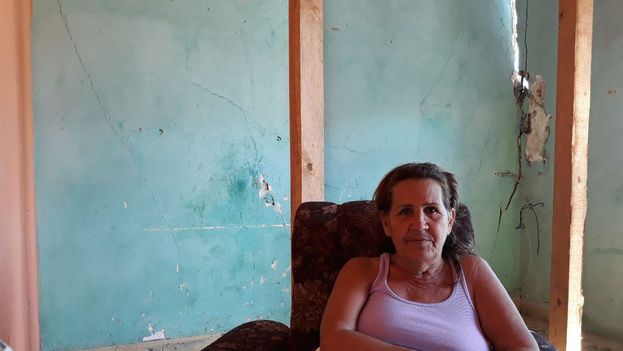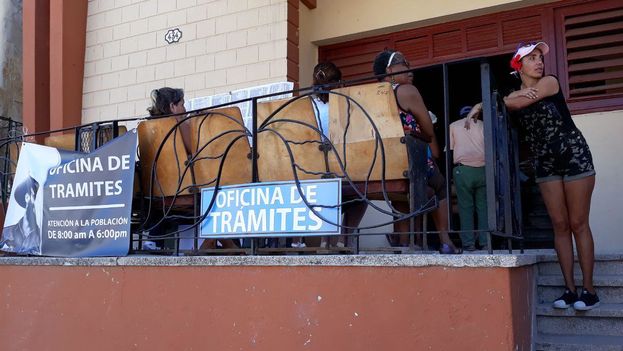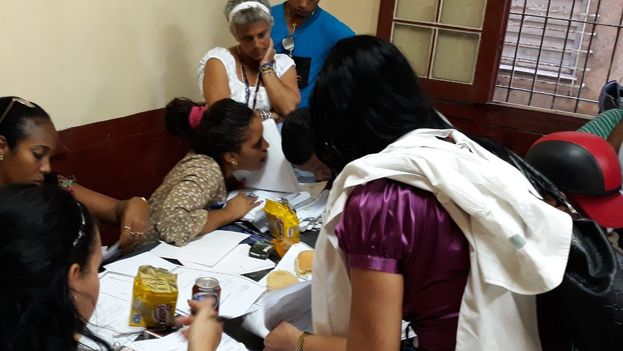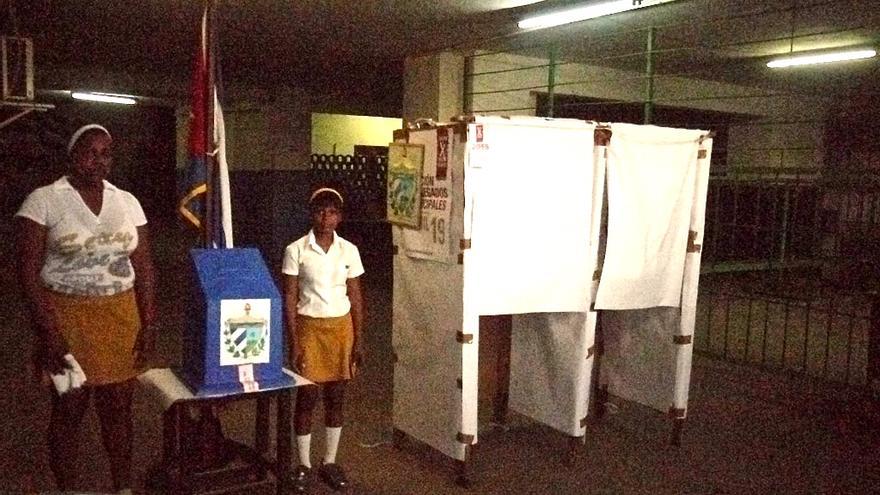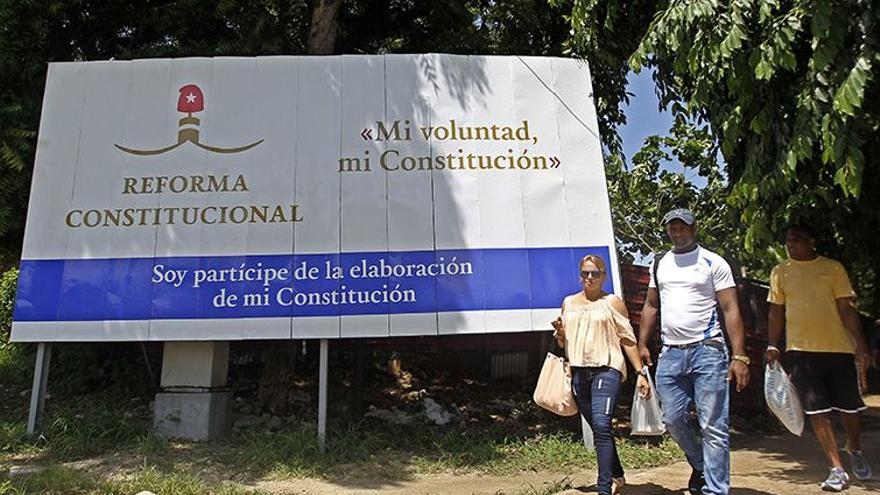1. Because the text that will be submitted to plebiscite was not the result of consensual labor among the different currents of opinion of the citizenship, as it would be in a democratically elected constituent assembly, but rather it was written by a team handpicked by the elite of a single party. Party is derived from “part”, so that said text is only the work of the interests of a sole line of thinking.
2. Because that constitution would institutionalize in perpetuity a one-party dictatorial regime implicit in Article 5, as well as the concentration of the three branches of the State, legislative executive and judicial, in the hands of that same elite. continue reading
3. Because this project aims to reaffirm the institutionalization of systematic violations of fundamental rights such as freedom of expression and of association, when in reality the opposite should be sought, the rule of law.
4. Because voting “Yes” would mean giving carte blanche to the same group that in 60 years has not been able to solve vital problems of the population such as the crisis in transportation, in housing and in shortages and that continues to offer the same failed remedies over and over.
5. Because Article 22 seeks to institutionalize the principle of equality in misery for the vast majority of citizens regarding the limit on properties that they may possess, even if they are acquired honestly by their own efforts or by their talent, which blocks the stimulus of creativity and productivity.
6. Because we need a Constitution that offers a legal framework for the protection of workers and retirees and, in particular, self-employed workers, artisans and artists to be free in their creativity and free in economic initiative for their prosperity, which allows freedom of unionization, right to strike and public demonstration.
7. Because the current project does not guarantee ending the policy of excessive restrictions and obstacles to self-employment, as well as the elimination of discrimination against Cubans living abroad in investing in their own country.
8. Because the new Constitution continues to perpetuate a politicized education under the exclusive control of the State, which implies generating culturally one-dimensional citizens, while at the same time, by excluding private education, parents are deprived of the right to choose for their children the type of education they prefer.
9. Because the deletion of Article 68 that defined marriage as “voluntarily arranged union between two people” leaves a gap in the constitutional text regarding the possibility of members of the LGTB community for cohabitation contracts that ensure basic rights such as that of inheritance.
10. Because the text leaves undefined a topic as vital as the death penalty, suspended but still officially in existence, which, because of the dramatic connotation in our history, must be abolished constitutionally. The life of any human being, regardless of his criminal responsibility, must be considered sacred.
11. Because if we can demonstrate that a considerable percentage of the population supports the No vote, even if it is not a majority, it would allow to demand, before international organizations, that the Cuban government be required to respect the rights of that significant part of the population in disagreement with the official policy.
12. Because a high number of No votes would help to create a civic conscience of resistance in the population before the arbitrary impositions of the current power — or any other power — against their rights and begin undermining the mentality of indolence or blind fanaticism.
13. The belief that voting Yes or No is irrelevant because there will be fraud does not take into account that many of the thousands or tens of thousands responsible for the fraud being carried out will not be able to negate their relatives and friends if there is a really significant number in favor of the No vote, and this would be important in raising the consciousness and willingness for change in the citizenry, the first step towards open expression in favor of a better Cuba.
14. The government’s thesis that voting No signifies opposing the supposed achievements in education and medical care by the regime does not hold, because those benefits whose iterations already existed before 1959 such as emergency medical care and public schools are seen as increasingly diminished by an unviable economic model, as the new Constitution does not propose any alternative model but a continuity of what has already failed; so voting No would mean, on the contrary, opting for a different form of ensuring these universal rights.
15. The thesis that going to the polls, even if voting No, would mean legitimizing a fraudulent election, does not take into account that in many cases in which a dictatorship agreed to popular consultation in the belief that it would win, not even the potential frauds were enough to circumvent the popular decision, as was the case in the famous plebiscite in which Pinochet was defeated, or in the case of the electoral failure of the Sandinistas against Violeta Chamorro.
16. Because the option of abstaining is indirectly a Yes vote, since generally in no country is it interpreted as a rejection but more as a careless attitude of someone likely to vote Yes who doesn’t due to indifference. Silence gives consent. The No vote, on the other hand, leaves no room for doubt.
17. Nevertheless, due to harassment by pro-government elements to go to the polls, the vast majority of citizens who disagree with this proposal are more likely to attend and vote No, since they fear that their refusal to vote will mark them as malcontents by the regime.
18. Every annulled or absent vote subtracts power from the opposition against an adversary that never splits their vote, because it would be as if the opposition presented three separate candidates against the sole candidate of the authorities. They have only one slogan: Vote Yes. The opposition must not act differently with respect to the No vote, but keep the unique slogan: Everyone Vote No!
19. Because this continent lives a historical moment in which the dictatorships of the so-called “socialism of the 21st century” are in retreat thanks to the decisions and courage of the citizens of those countries, and taking into account the role played by our country in that process, we should do no less but instead go to the source of the evil to eradicate it, and this is justly the first step: vote No!
20. Finally, taking into account all the above reasons, it is necessary to vote No, also for our personal satisfaction, not only because it is our duty as citizens, but also because we must be true to ourselves and act accordingly to how we think. Every time we reject an arbitrary and unjust imposition, something very beautiful is reaffirmed within us.
Translated by Wilfredo Díaz Echevarria
_______________________
The 14ymedio team is committed to serious journalism that reflects the reality of deep Cuba. Thank you for joining us on this long road. We invite you to continue supporting us, but this time by becoming a member of 14ymedio. Together we can continue to transform journalism in Cuba.
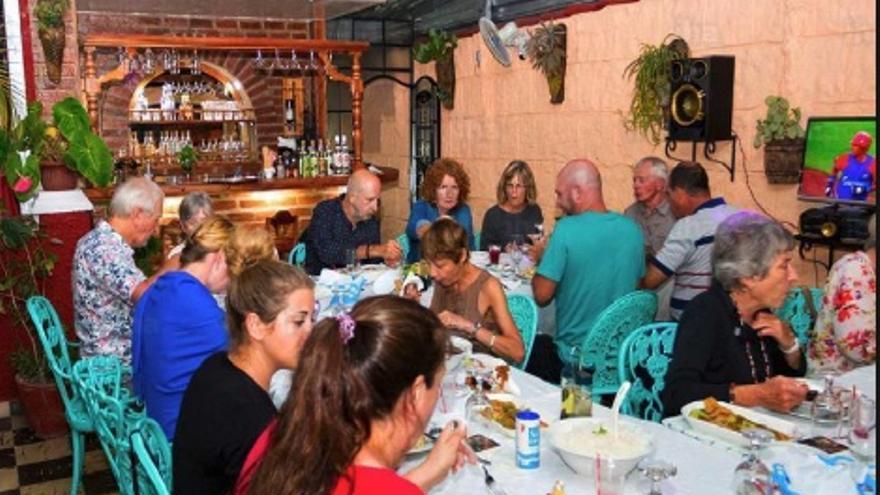
![]() EFE, via 14ymedio, Havana, February 11, 2019 — Cuba recorded a total of 580,828 self-employed workers at the end of 2018, of which 29% are young people, 34% are women, and some 10% retirees who have joined the private sector, according to statistics published this Sunday by state-controlled media on the island.
EFE, via 14ymedio, Havana, February 11, 2019 — Cuba recorded a total of 580,828 self-employed workers at the end of 2018, of which 29% are young people, 34% are women, and some 10% retirees who have joined the private sector, according to statistics published this Sunday by state-controlled media on the island.
